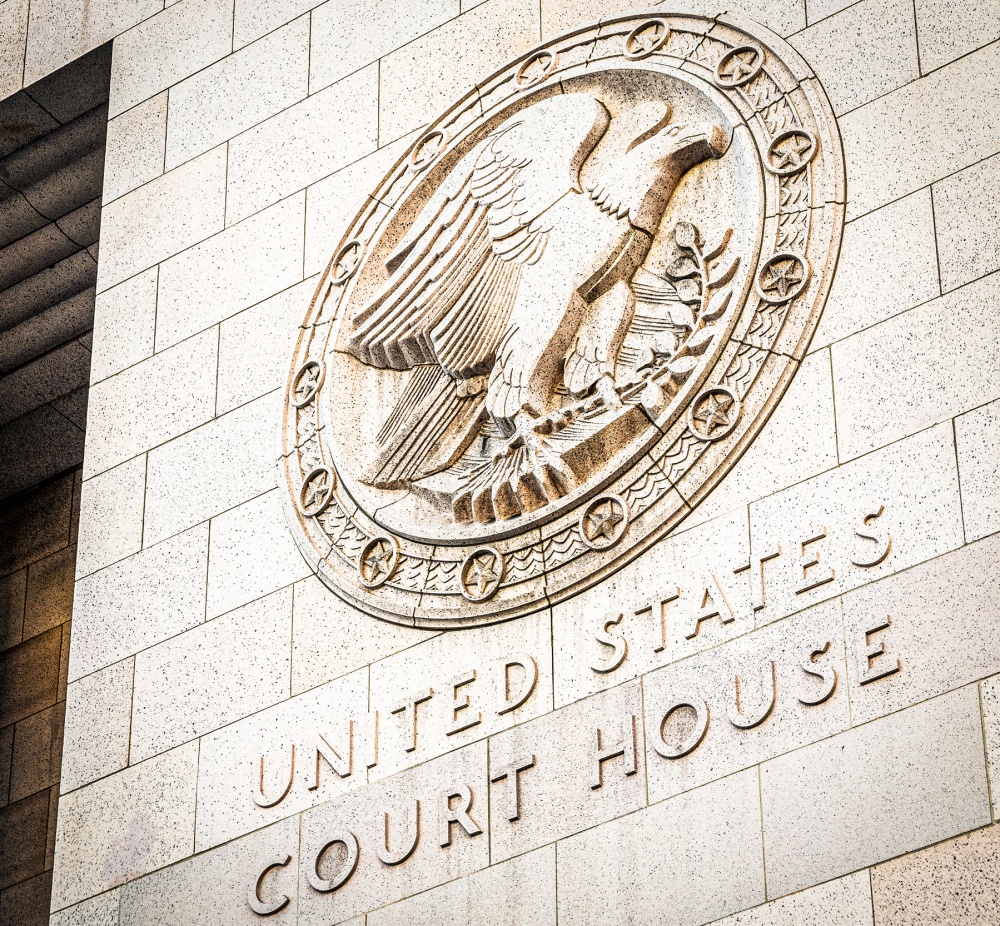WARNING: Follow Your ESI Protocol Because the Court Will – Part TWO

In Part Two of this blog series, I discuss a recent case regarding noncompliance with preservation provisions in an ESI protocol and provide best practices for negotiating and drafting an ESI protocol. In Part One of this series (which you can find here), I analyzed how courts have resolved ESI protocol disputes with TAR and metadata provisions. In In re Valsartan Products Liability Litigation[1], the court held the protocol required defendants to timely disclose its use or possible use of TAR when defendants objectively knew or reasonably should have known that they might use TAR and the Court found that defendants violated the protocol by not timely disclosing its use or possible use of TAR. In contrast, in Livingston v. City of Chicago[2], where the protocol did not include a collaboration requirement, the court held plaintiff’s insistence that the defendant must collaborate with them to establish a review protocol and validation process has not foothold in the federal rules governing discovery and the court declined to adopt plaintiff’s alternate TAR protocol. Regarding metadata provisions, in Cody et al. v. City of St. Louis[3], the Court denied plaintiff’s motion compelling the defendant to reproduce prior ESI productions and to produce future ESI productions in either native format or accompanied by metadata because the parties agreed to a format of ESI production that did not require production in native format or with metadata[4].
Part One concluded that it’s better to have an ESI protocol even when one is not explicitly required since it can save time and resources when those inevitable disputes arise. But what provisions should you include and what provisions should you be wary of?
The Keurig Case
In In re Keurig Green Mountain Single-Serve Coffee Antitrust Litig., Civil Action 14 MD 2542 (VSB) (SLC) (S.D.N.Y. Apr. 11, 2022), the court adopted the parties’ joint ESI stipulation (the “ESI Order”). Pursuant to the ESI Order, the parties agreed to “take reasonable steps in good faith to prevent the loss, destruction, alteration, overwriting, deletion, shredding, incineration, or theft of any document or data the party knows, or reasonably should know, falls within the scope of Federal Rule of Civil Procedure 26(b)(1).” Each represented that they had “implemented a data preservation plan, issued preservation memoranda to relevant employees, and [] confirmed with IT personnel that auto-deletions are suspended and that measures have been implemented to prevent the manual deletion of email by individual custodians.” The parties also agreed “to ask each of their document custodians whether he or she maintains potentially responsive documents or data in any of the electronic or hard-copy sources listed [in the ESI Order], whether at the custodian's office, home, or online.” If a party concluded that a source of information listed in the ESI Order was “inaccessible or that collection from or search of any of those sources would be unduly burdensome,” the parties agreed to meet and confer to attempt to resolve the issue.[5]
Despite these representations, Plaintiffs filed motions based on Keurig’s alleged spoilation of relevant evidence because litigation holds, custodian interviews and hard drives.[6] Keurig issued litigation holds to only 89 percent of the agreed-upon list of custodians (48 of 54) and conducted only 80 percent of its custodian interviews (43 of 54) on a “timely” basis.[7] The Court held that Keurig’s failure to distribute litigation holds to six custodians and timely interview eleven custodians constitutes a failure to comply with ESI Order under Rule 37(b)(2)(A), as well as a failure to take “reasonable steps” to preserve Rule 37(e).[8] Plaintiffs also contended that Keurig spoliated the hard drives of 23 custodians.[9] The Court held even if it inferred that the 25 hard drives were lost or became inaccessible due to the passage of time or in the ordinary course of Keurig's business, Keurig's failure to preserve this ESI was, at least, a negligent violation of the ESI Order under Rules 37(b)(2)(A) and a failure to take reasonable steps under Rule 37(e).[10] The Court ultimately declined issuing severe sanctions under Rule 37(e)(2)[11] and sanctions of preclusion and adverse inference for Keurig’s violations of the ESI Order under Rule 37(b)(2)(A).[12] Instead, the Court held Plaintiffs would be permitted to present evidence to the jury concerning Keurig’s failure to preserve and awarded Plaintiffs attorneys’ fees and costs.[13]
It is important to note that while this Court declined to impose harsh sanctions because of the limited prejudice to Plaintiffs and the availability of other remedies, other jurisdictions may order sanctions based on negligence, which would not require intent to deprive. By agreeing to a preservation provision that your client cannot execute, your client could be exposed to severe sanctions, including Rule 37(b).
ESI Protocol Considerations
While you may not be able to avoid every discovery dispute, a comprehensive ESI protocol will reduce the risk of costly “discovery on discovery”. Before negotiating an ESI protocol, be sure to understand your client’s information governance, consult with your e-discovery team and be prepared with ESI workflows for the provisions before drafting your protocol. You need to be sure that you understand what you are opting into and whether you can defend it. Here are some considerations when you draft your protocol:
1. Model Protocols
- Does the court have a model ESI protocol? It will still need to be customized but it always helps to have a go by.
- Does the court require or should you designate an e-discovery liaison?
2. Where does the potentially relevant data reside?
- Data location
- Data sources, including proprietary programs, messaging systems and mobile data
- Custodian lists – are any custodians outside of the US and subject to foreign privacy laws
- Backup tapes – not accessible
- Date ranges
3. How will each stage of e-discovery be conducted?
- Preservation – aspirational or realistic
- Collection – exchange and negotiation of search terms and hit reports
- Processing – deduplication,
- Review – email threading, TAR, active learning
- Redactions – email and native
- Productions – rolling productions, production format/specifications, protective order, third party data
- Privilege logs – automated or manual
- Inadvertent productions – clawbacks
4. Cooperation
- Proportionality
- Meet and confer on a going forward basis
- Method for resolving disputes
- Have the protocol adopted by the court
DISCLAIMER: The information contained in this blog is not intended as legal advice or as an opinion on specific facts. For more information about these issues, please contact the author(s) of this blog or your existing LitSmart contact. The invitation to contact the author is not to be construed as a solicitation for legal work. Any new attorney/client relationship will be confirmed in writing.
[1] No. 19-2875, 2020 WL 7054284 (D.N.J. December 2, 2020.)
[2] No. 16 CV 10156 (N.D.Ill. Sep. 3, 2020).
[3] No. 4:17-CV-2707 AGF (E.D. Mo. June 16, 2021).
[4] Id. at 15-16. The court held that if plaintiffs desired another format, they could and should have discussed their desire with the defendant, included it in their requests for production, and/or raised the issue with the Court in any of their prior discovery-related motions.
[5] In re Keurig Green Mountain Single-Serve Coffee Antitrust Litig., Civil Action 14 MD 2542 (VSB) (SLC) (S.D.N.Y. Apr. 11, 2022) *2
[6] This blog will only analyze two of the alleged spoilation claims, see In re Keurig Green Mountain Single-Serve Coffee Antitrust Litig. for Court’s full analysis.
[7] Id. at *31, “Yet, as noted above, out of the 54 Agreed Custodians, Keurig did not timely interview eleven, or about 20%, and failed to send a litigation notice at all to six, or about 11%.”
[8] Id. at 32.
[9] Id. at 33.
[10]Id. at 35-36.
[11]Id. at 84, “Having determined that the record does not contain clear and convincing evidence that Keurig acted “with the intent to deprive [Plaintiffs] of the information's use” in this action, the more severe sanction of an adverse inference under Rule 37(e)(2) is not appropriate.”
[12] Id. at 85. “The Court may, however, continue to consider the sanctions of preclusion and adverse inference for Keurig's violations of the ESI Order under Rule 37(b)(2)(A).”
[13] Id. at 87-88.

